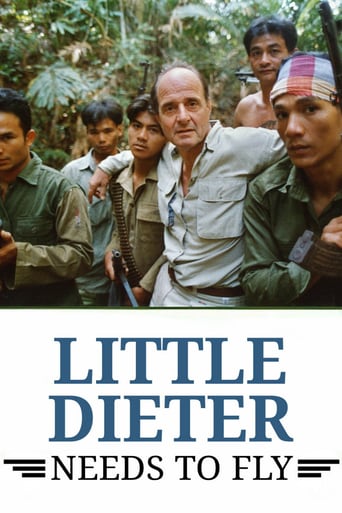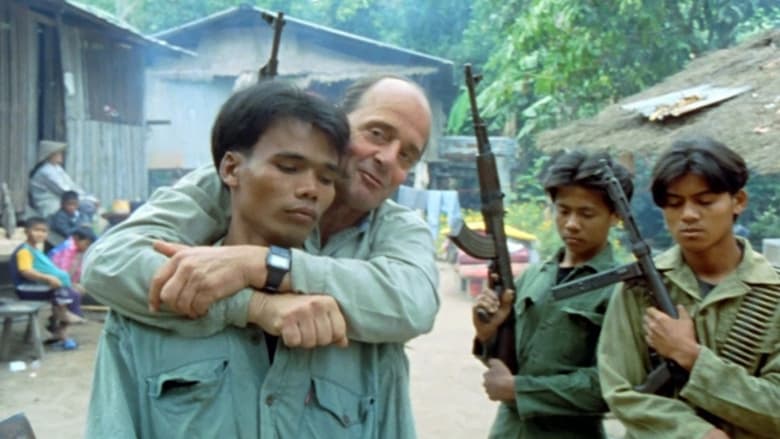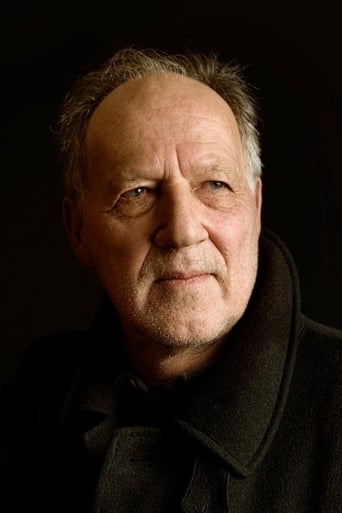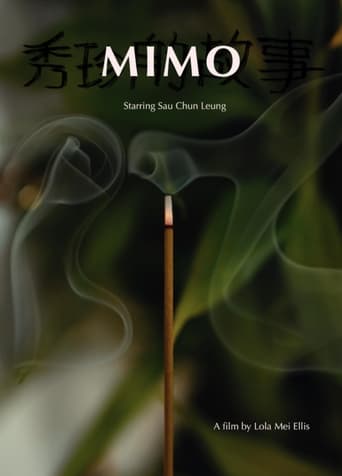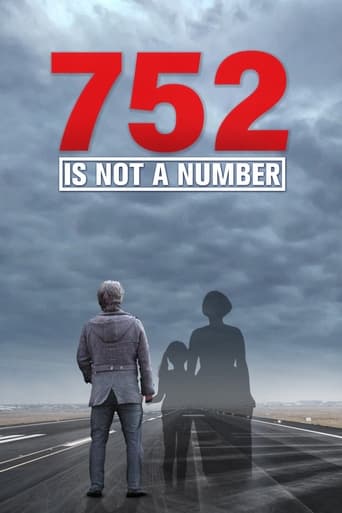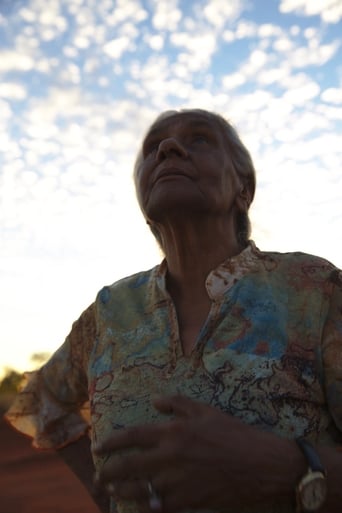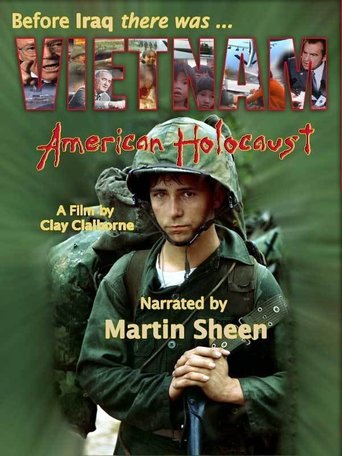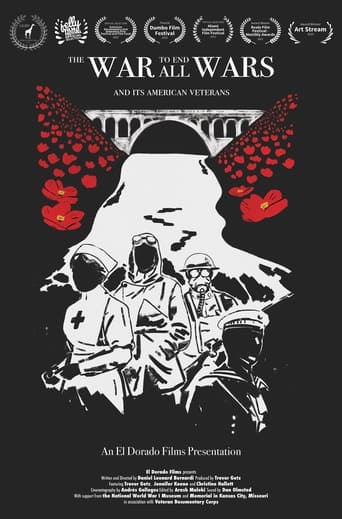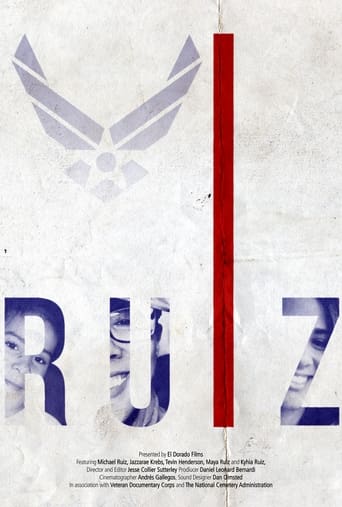Little Dieter Needs to Fly (1997)
Three decades after German-American pilot Dieter Dengler was shot down over Laos, he returns to the places where he was held prisoner during the early years of the Vietnam War. Accompanied by director Werner Herzog, Dengler describes in unusually candid detail his captivity, the friendships he made, and his daring escape. Not willing to stop there, Herzog even persuades his subject to re-enact certain tortures, with the help of some willing local villagers.
Watch Trailer
Free Trial Channels
Cast


Similar titles
Reviews
Too many fans seem to be blown away
Boring
It is interesting even when nothing much happens, which is for most of its 3-hour running time. Read full review
The movie really just wants to entertain people.
Dieter Dengler was a child in Germany during WWII. His father died in the military. During an Allied air attack, he is in awe of the planes and determines that "Little Dieter Needs to Fly". Post-war Germany suffered severe shortages. He immigrates to America as an 18 year old. He joins the Air Force but ends up in the kitchen and the motorpool. He leaves for college and then the Navy. He finally gets the chance to fly. In 1966, Dieter flies his single-engine, propeller attack plane Skyraider into Laos and gets shot down. He is captured. Eventually, the prisoners break out of their jungle prison.Documentary filmmaker Werner Herzog uses his unconventional style to bring Dieter's story to life. Herzog's voice is ever present. He even brings Dieter back to the jungle and recreates his journey. It's a fascinating story but I'm not sure Herzog's style works to bring out the intensity. It has an awkward surrealism but fascinating nevertheless.
Little Dieter Needs to Fly ranks among the very best of Herzog's work, and though it spawned the large scale production of 'Rescue Dawn', the original stands on its own as a masterpiece of documentary filmmaking. A highly engrossing (and frankly, incredible) story, told from the eyes of Dieter Dengler, a man who enlisted in the army during the Vietnam war so he could fulfill his childhood fantasy of flying a plane. I won't get into the details of his story, but I will say that it is one of the single most gripping and moving accounts of survival I have ever heard, and it is made all the more powerful by Dieter's retelling and countenance. His attitude towards life is unfazed; he amazingly not only survived, but kept his wits about him, a childlike innocence and curiosity about the world still intact.This is one of the greatest documentaries ever made.
We see at the beginning of Little Dieter Needs to Fly Dieter Dengler, the subject of the film, an obsessive-compulsive. Or at least that's what he seems to be by way of constantly opening/closing doors and with his large stock-pile of food in the cellar. In a way director Werner Herzog sets up a central question, in a manner of speaking, to why Dieter is like this. Well, in fact, he's not necessarily obsessive-compulsive as he is just, well, prepared. And why shouldn't he be after the life he's lived? Aside from the juiciest, most dark and exhilarating and frightening and just downright haunting story of survival that's the core of the picture, the back-story to Dieter is fascinating too. Dieter's own childhood, for example, was already a slog from the start, being in post-war Germnay, poor in a family without much food or prospects, eating wallpaper for "the blue in the walls". But enter in a passion, an un-yielding desire (which, of course, is part of Herzog's bread & butter and love of man in his films), which is flying, and for Dieter there was nothing else but to fulfill this. What it ends up leading to, after becoming an American citizen, is more than he could've bargained for.Dieter is one of Herzog's most compelling, quirky, and compassionately observed figures in his whole career, a man who's memory is scarred by brutal memories of his time being a Vietnam POW, though at the least it provides for some of the most compelling storytelling in any documentary of the last 20 years. Ironically, the storytelling comes through- unlike in The Wild Blue Yonder- mostly in lots and lots of exposition from Dieter on some of the most minute details of his time in the different prison camps (the torture tactics, the bugs, the brutal, wretched violence and threats like with the wedding ring tale), and leading into the most interesting and sad portions with his best friend Duane. They escaped the prisons together, but found that their journey to reach Cambodia would not be so easy. Now, through most of this, the talking does something that is enthralling, which is that as Dieter goes through his stories and occasionally does re-enactments (in fashion Herzog could only do, with Dieter already middle-aged being led in handcuffs et all through the jungle), one can picture all of this in the mind. It all becomes even more vivid to try and get these little details and the intensity of it all together into a form of reality. That Herzog keeps these portions simple, and knows when to hold Dieter back in his answers, makes him all the more a key figure of interest. He's not ever totally 'normal', but unlike a Timothy Treadwell, you wont think ever really about laughing at him either.So, along with his hero (whether of war or not is hard to say, as Dieter disputes that claim as saying the ones who died were the real heroes, typical but perhaps quite true), Herzog stylizes his film with a mix of old stock footage when detailing Dieter's early life (the period footage of WW2 scenes and post German rubble is always a captivating sight, and with Herzog gets up a notch in his timing and assemblage with music), and in capturing the footage of Vietnam in aerial viewings of jungles and fields. Herzog is also very wise at not injecting politics much at all into the proceedings, there's no 'I was used by the Americans' or whatever thrown into the mix. There's even a sense that Dieter doesn't hold too much of a grudge with everything that happened to him, that it's just what happens in time of war (and, of course, he WAS dropping bombs on people from his plane). Now, through much of these harrowing- and even in the smaller bits involving what went on in prisons, bathrooms and the scraps of food it's always harrowing- luckily Herzog keeps a level of humor in check as well. One of my very favorite scenes in the film, where Herzog breaks away for a moment from Dieter, is when he shows a 'trainee' film used for American soldiers meant to show what should happen in case they get abandoned in the jungle alone...with all of the gear that they could possibly have including a knife, a flare gun, and a very fast helicopter to come around (and this is put to hilariously dead-pan voice-over work).Yet even the moments where one laughs only brings to mind the moments of absurdity in a time of absolute crisis, and how one can't ever really imagine what it's like to be alone in a foreign territory surrounded by people who will do anything to keep said person as a form of collateral in war-time. Dieter, aside from knowing that flying and airplanes are the only way of life he would ever want to have (and Herzog ends the film on a wonderfully somber, elegiac note where he flies over a large field of airplanes), knows what it is to have to survive at all costs. But yet, as well, as in many of Herzog's protagonist driven films, there's the near unalterable spirit that will keep on enduring if one's strong enough, even through horrid moments (the fate of Dunae) and problems all the way up to the rescue by the helicopter (is he American, or a spy, they ask on the chopper). Dieter is such a man with a spirit, and he's given via Herzog a fantastic, tragic, creative, well-shot, albeit maybe too short, tribute to his life. And, of course, it pumps me up even more for the upcoming dramatization Rescue Dawn.
"I'm not a hero. Only people who are dead are heroes." - Dieter DenglerLittle Dieter Needs to Fly, a 1997 documentary by Werner Herzog of the life of Vietnam war-hero Dieter Dengler, begins with a quotation from the Book of Revelations: "And in those days shall men seek death, and shall not find it, and shall desire to die, and death shall flee from them." As the film starts, Dieter walks into a tattoo shop in San Francisco and looks at a painting of Death in a fiery, horse-drawn chariot. "Death didn't want me," he says, referring to his survival after six months in a Viet Cong prison camp. Herzog documents Dengler's life from his childhood in Wildburg in the Black Forest region of Germany to his escape and rescue from Laos. Growing up in Germany during World War II, Dengler listened to the constant sound of Allied planes overhead and dreamed of becoming a pilot. "As a child," Herzog says in voice-over, "Dieter saw things that made no earthly sense at all. Germany had been transformed into a dreamscape of the surreal." Dieter came to the United States when he was only 18, joined the Navy and was trained to become a pilot. He moved to California and was sent to Vietnam in 1966. "It all looked strange", Dieter says, "like a distant barbaric dream". On his first mission as a pilot, Dieter was shot down and captured by the Pathet Lao, then later turned over to the Viet Cong. He remained a prisoner in Laos for six months.Told through archival footage, dream sequences, recreations in actual jungle locations, exotic music, and surreal imagery, the film is divided into four chapters, each representing a period from Dengler's life. Like a Greek tragedy, Herzog has named the sequences: The Man, His Dream, Punishment, and Redemption. Little Dieter Needs to Fly is not a linear documentary, but a very personal and poetic film, similar in a way to Agnes Varda's documentary essay, "The Gleaners and I". Having long been fascinated with the experience of men in jungles (Aguirre, the Wrath of God, Fitzcarraldo) and having himself grown up in Germany during the war, Herzog provides a voice-over commentary that is as much about himself as it is about Dieter Dengler. Dieter tells his gruesome tale in a strangely chatty, matter-of-fact manner without anger or bitterness, almost nonchalantly recounting mind-numbing details of his captivity and torture. He does not try to place the events in a historical or political context or to comment on the rights and wrongs of the war, but provides a strictly personal account of his survival against overwhelming odds. Footage of both bombed out German cities in World War II and bombs lighting up the dense foliage over the Vietnam jungle make the experience very vivid. Dvorak and Bach, Tibetan throat singing, and native African chants are brilliantly interspersed to add depth and beauty to the experience. A chant from Madagascar, "Oay Lahy E", sung while Dieter walks through a sea of fighter planes, adds a final transcendent touch. Little Dieter Needs to Fly is an unforgettable film that moves beyond the limitations of the genre to become a moving testament to both the absurdity of war and the resilience of the human spirit. NOTE: Be sure to watch past the end credits. There is a postscript on the DVD that truly completes the experience.

